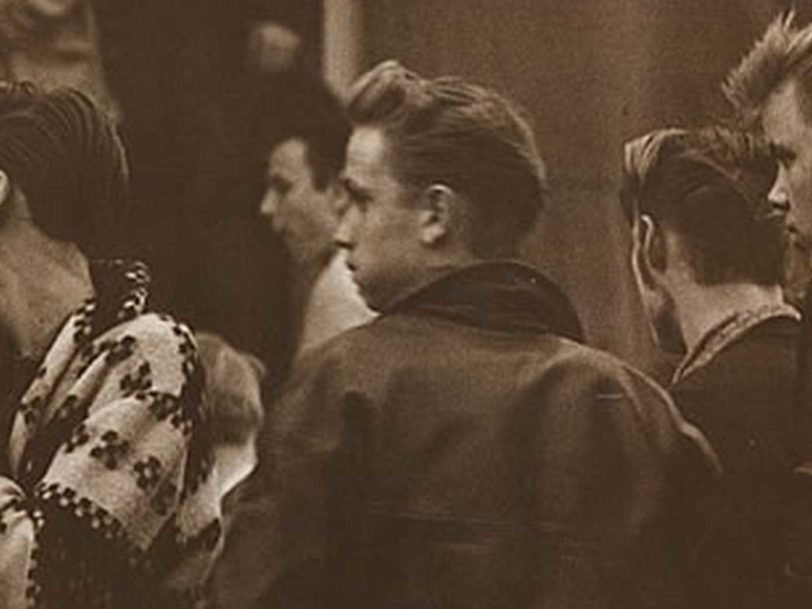First released in the UK on 23 February 1987, The World Won’t Listen was originally conceived as a simple compilation album featuring all The Smiths’ singles from 1985’s Shakespeare’s Sister through to the band’s then latest, Shoplifters Of The World Unite, along with their respective flipsides.
In effect, the album performed a similar role to 1984’s Hatful Of Hollow. Assembling B-sides, killer radio sessions and a couple of the band’s recent hit singles, that earlier title had bridged the gap between The Smiths’ debut album and Meat Is Murder, while The World Won’t Listen was the perfect stop-gap for fans waiting for the band to follow The Queen Is Dead with Strangeways, Here We Come.
Listen to The World Won’t Listen here.
The perfect stop-gap
As with Hatful Of Hollow, though, The World Won’t Listen wasn’t quite as straightforward as it initially seemed. For starters, its tracklist also included the previously unreleased You Just Haven’t Earned It Yet, Baby (the song cut as the follow-up to Ask, but then scrapped in favour of Shoplifters Of The World Unite). Additionally, it reprised There Is A Light That Never Goes Out from The Queen Is Dead, as if to acknowledge that this popular album track really should have been a single all along. (It eventually achieved that aim – as a standalone single, it trailed the release of 1992’s … Best II compilation and belatedly went gold in its own right.)
Also, while you could argue that The World Won’t Listen represented an example of the music industry’s “Reissue! Re-package!” mentality Morrissey would shortly take to task on Strangeways, Here We Come’s Paint A Vulgar Picture, Rough Trade were imaginative enough to present the songs in a way which accentuated the aesthetic, rather than the commercial, aspects of the enterprise.
Strategically sequenced, beautiful flow
Instead of simply presenting the songs chronologically, The World Won’t Listen was strategically sequenced and flowed beautifully. Opening with the air-punching Panic, the frisky pop of Ask and the feedback-riven intensity of London, its middle section took in There Is A Light That Never Goes Out and the lilting The Boy With The Thorn In His Side along with magnificent flipsides including the dreamy Unloveable and the wistful Stretch Out And Wait – the latter featuring an alternate Morrissey vocal to the one gracing the B-side of Shakespeare’s Sister. On the home strait, meanwhile, You Just Haven’t Earned It Yet, Baby came sandwiched between the piano-led Oscillate Wildly and the dramatic Rubber Ring, displaying all the punch and pizazz of a substantial hit that, for some inexplicable reason, never quite came to pass.




